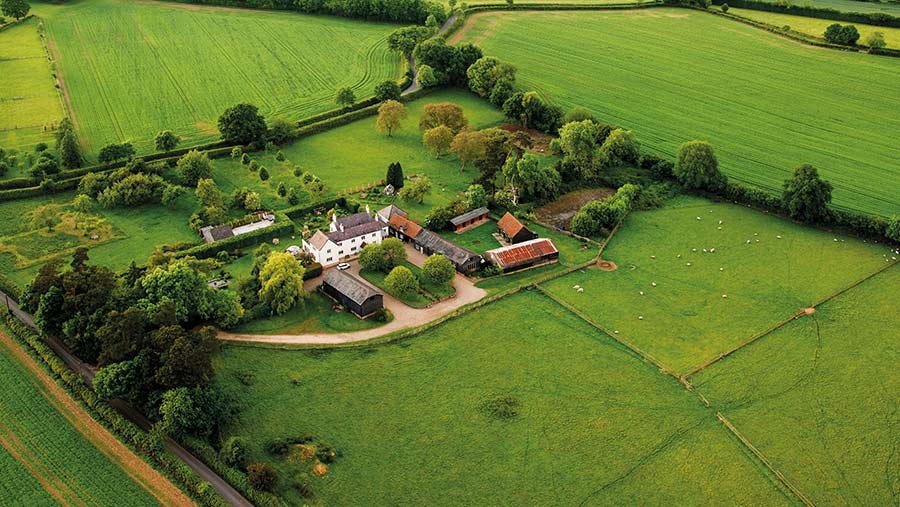Opinion: Fair division of assets key to succession planning
 © Adfoto/Adobe Stock
© Adfoto/Adobe Stock “Fair doesn’t necessarily mean equal” is a phrase I find myself frequently using when discussing succession.
With the value of a farm usually intrinsically tied up in the assets required to run the business, any attempt to release capital by selling assets (in practice, often land) undermines the business.
See also: George Eustice’s views on Lump Sum Exit Scheme for farmers
About the author

Mark Weaver is managing director of rural business consultancy CLM and a consultant specialising in succession.
Here he considers various ways of divvying up a farming estate.
So a determination to pass equal sums to all one’s children – laudable as it may be in principle – can end up destroying the commercial viability of the very business you also want to pass on intact.
Succession planning is a topic that’s back into focus after Defra announced its Lump Sum Exit Scheme, but it will always be one of the most important tasks you face as a farmer.
Once you accept that it’s rarely possible to divide your inheritance equally between successors, planning can become simpler.
Buildings – whether habitable houses and cottages, commercial property or farm buildings with potential for conversion – can sometimes provide a solution.
They can potentially be hived off, giving a member of the next generation who doesn’t wish to be involved with the farm or estate an asset that’s likely to increase in value, and one that, if rented out, might even generate an income greater than the farm itself.
Another way I’ve seen businesses “protected” is for parents to split ownership equally between multiple siblings.
All of them take equally from the business, unless they are employed within it, in which case they are paid an industry rate, or if they occupy a property, in which case they pay a market rent to the business.
Directors make decisions based on majority voting and all take dividends. Effectively, it’s a profit-share arrangement.
There is one notable downside to this, however: you are binding siblings together who might not necessarily want to be bound together.
Financial clarity is important, though. Whether it’s the value of a barn with planning permission or the revenue generated by a livery yard, the succession process is far smoother if everyone is clear about values, revenues, costs and incomes.
Families need to be open and honest about the financial and emotional aspects.
As Defra secretary George Eustice pointed out in a recent opinion piece, “often intergeneration conversations on these tricky questions are too tricky to have”.
But the sooner you start, the better. It can be a good time when your potential successors are in their late 20s or 30s, as they may well know what they want to do by that stage but there’s hopefully still plenty of time to make the desired and necessary changes.
Succession isn’t actually about death. It’s about securing a long-term future for those you care about.
It’s about avoiding family fallouts. It’s about providing your children with clarity and a road map – so they have one less thing to think about at the time when they’re dealing with bereavement.
This is much less hard to do if you start the conversation early, keep revisiting it, and bear in mind the adage that fair doesn’t always mean equal.
